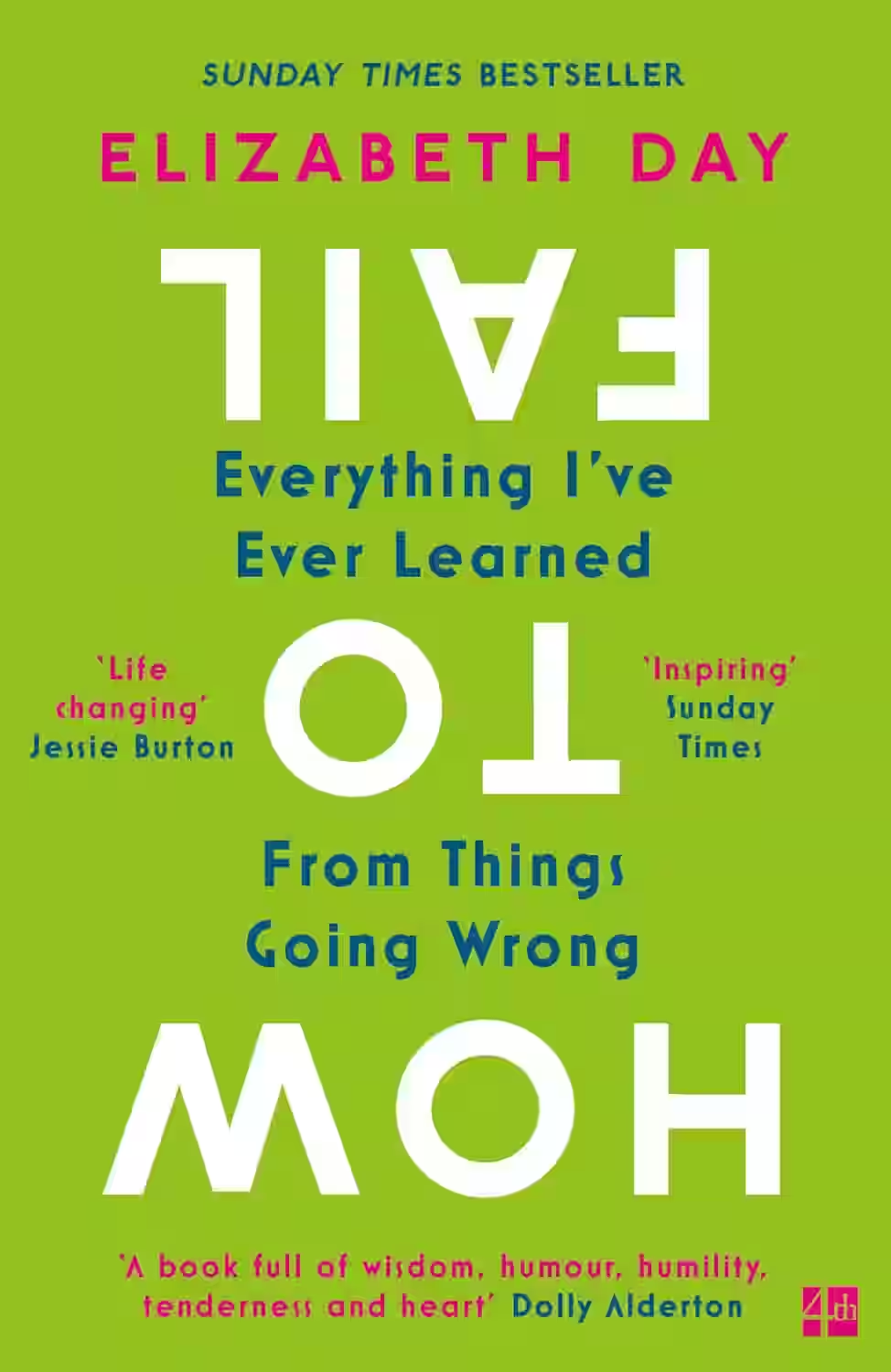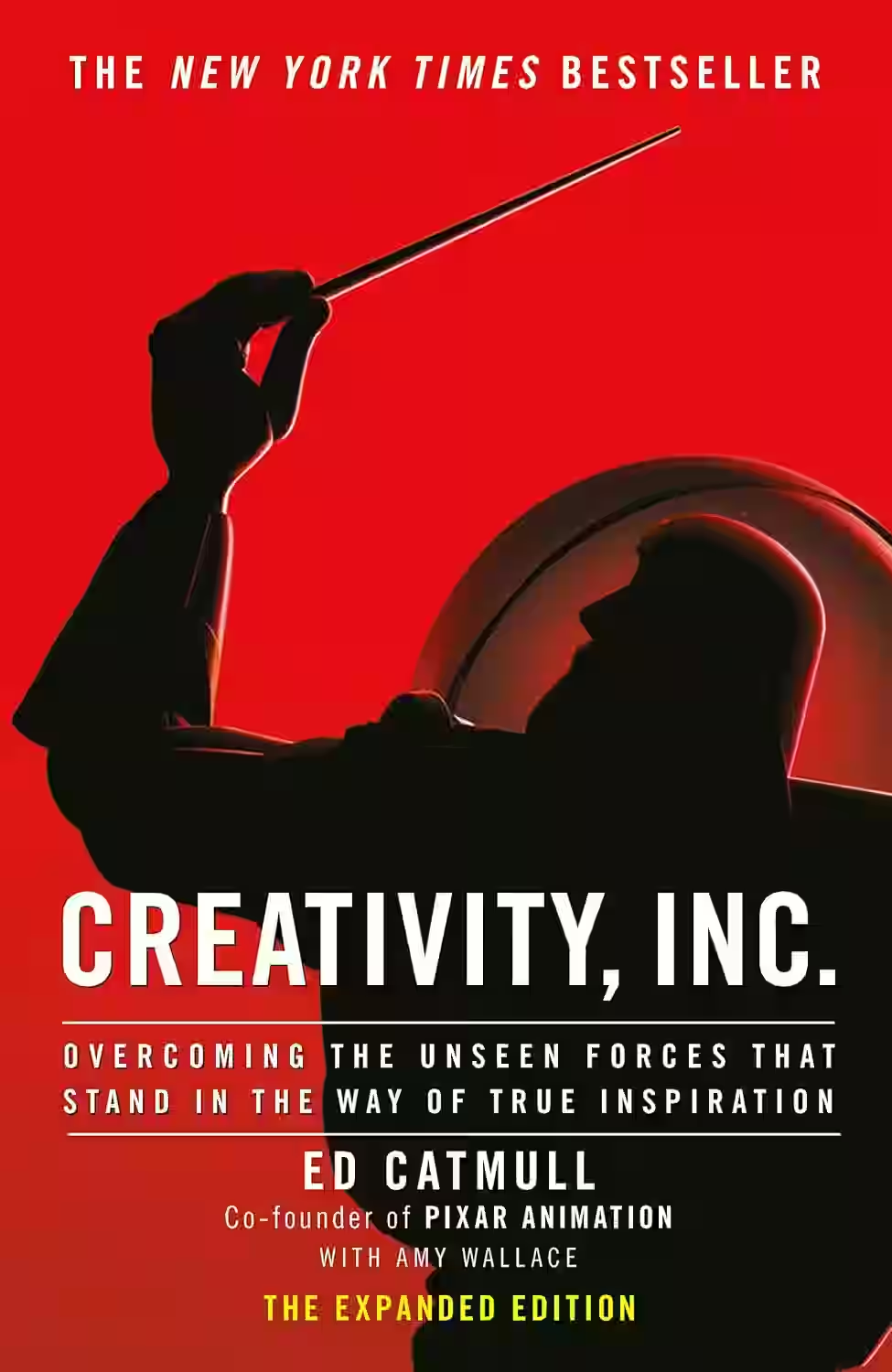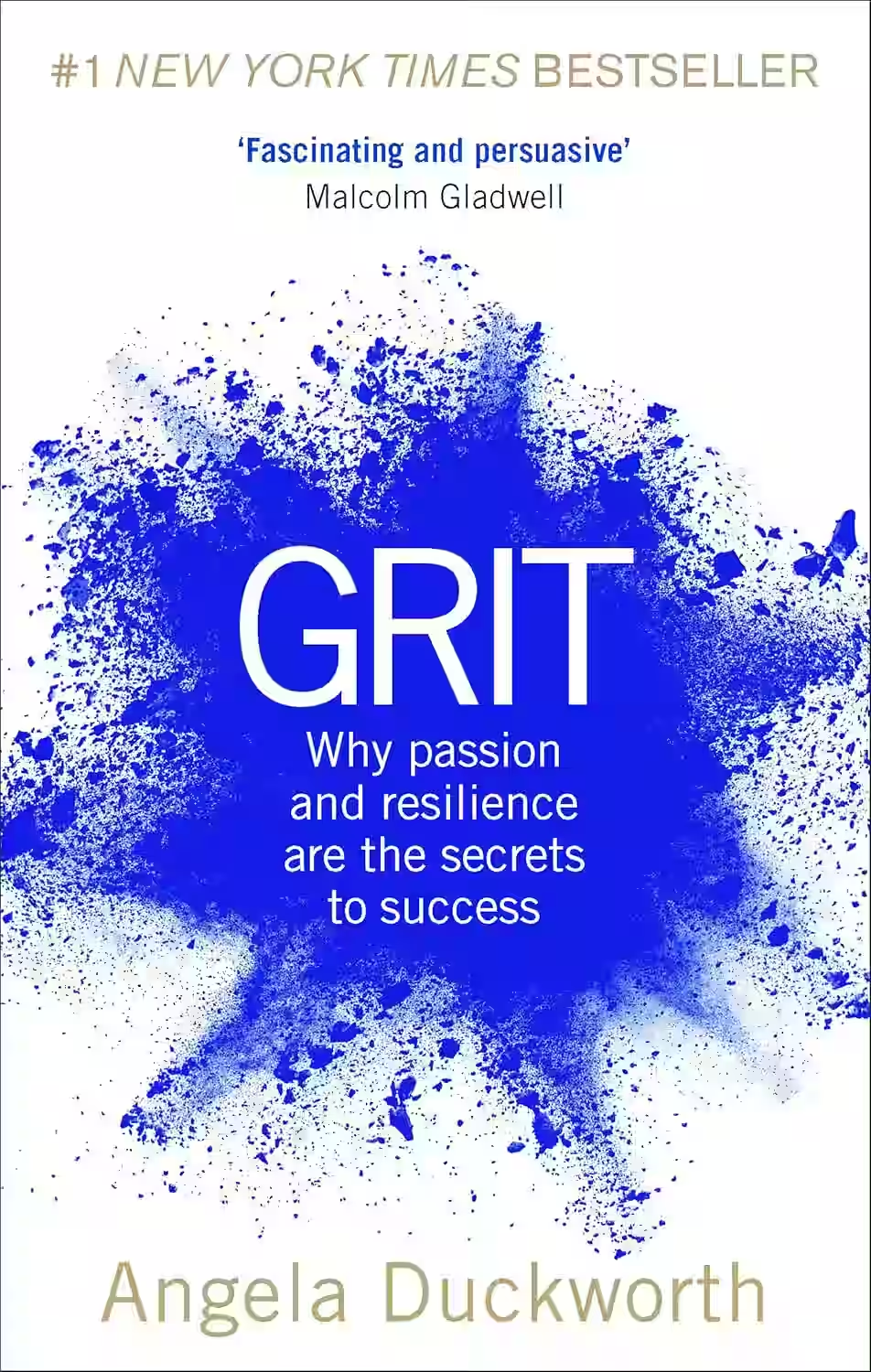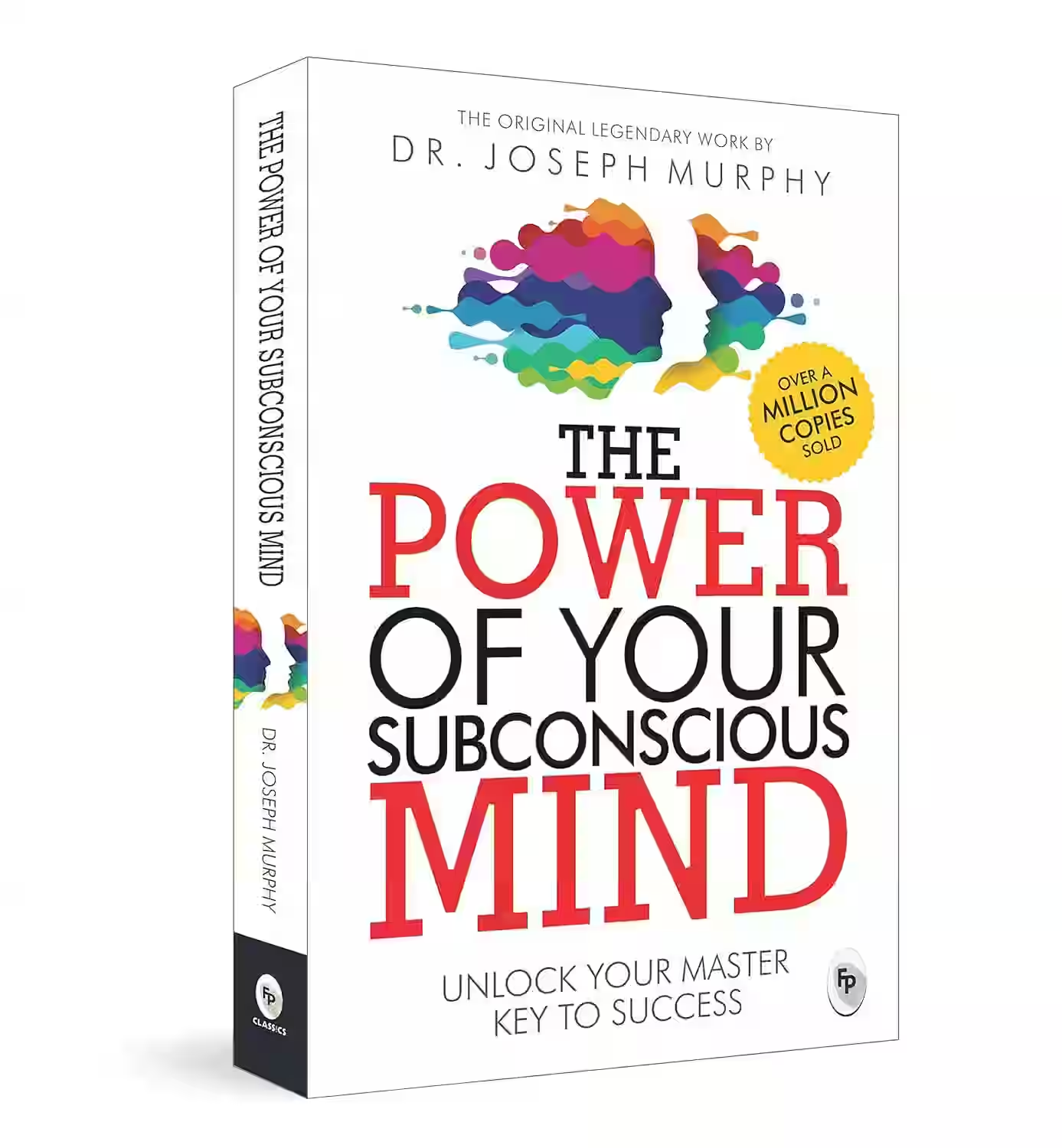
In 'How to Fail: Everything I’ve Ever Learned From Things Going Wrong,' Elizabeth Day explores the concept of failure as a source of growth and resilience rather than a negative outcome. Through personal anecdotes and interviews with successful individuals, Day delves into how embracing failure can lead to self-discovery and ultimately, success. The book navigates themes of resilience, self-acceptance, and learning from setbacks with honesty and wit. By sharing her own experiences and those of others, Day provides a refreshing perspective on failure and encourages readers to reevaluate their relationship with it.
About Elizabeth Day
Elizabeth Day is a British author and journalist known for her insightful storytelling and sharp characterization. Born in 1978 in London, she studied English literature at Cambridge University before embarking on a successful career in journalism. Day's notable works include the acclaimed novel 'The Party' and the memoir 'How to Fail: Everything I've Ever Learned From Things Going Wrong.' Her writing delves into themes of human relationships, social status, and the complexities of personal growth. Day's engaging narratives and candid exploration of the human experience have made her a prominent voice in contemporary literature, resonating with readers worldwide.
Similar Books

Creativity, Inc.
by Ed Catmull
Ed Catmull, co-founder of Pixar, offers an insider’s guide to building a creative culture. Through stories from the making of beloved films like Toy Story and Finding Nemo, Catmull reveals how Pixar nurtures innovation while maintaining excellence. He discusses leadership, collaboration, and the importance of candor in creative work. Central to the book is the idea that protecting creativity requires careful management of failure and feedback. Creativity, Inc. is not just a memoir—it’s a manual for leading with purpose, whether you’re in animation, tech, or any field requiring bold ideas and inventive teams.

Grit
In Grit, psychologist Angela Duckworth explores why talent alone doesn’t predict success—grit does. Based on her research, Duckworth argues that sustained passion and persistent effort matter more than innate ability. She shares stories of high achievers from diverse fields, showing how resilience, long-term focus, and consistent hard work lead to exceptional outcomes. The book combines personal anecdotes, scientific studies, and practical strategies to help readers develop grit in their own lives. Duckworth’s insights challenge the myth of overnight success and inspire readers to pursue their goals with tenacity, regardless of obstacles or setbacks.

The Power of Your Subconscious Mind
In The Power of Your Subconscious Mind, Dr. Joseph Murphy gives you the tools you will need to unlock the awesome powers of your subconscious mind. You can improve your relationships, your finances, your physical well-being. Once you learn how to use this unbelievably powerful force there is nothing you will not be able to accomplish. Join the millions of people who have already unlocked the power of their subconscious minds. I urge you to study this book and apply the techniques outlined therein; and as you do, I feel absolutely convinced that you will lay hold of a miracle-working power that will lift you up from confusion, misery, melancholy, and failure, and guide you to your true place, solve your difficulties, sever you from emotional and physical bondage, and place you on the royal road to freedom, happiness, and peace of mind.- Dr. Joseph Murphy

How to Live
by Derek Sivers
In How to Live, Derek Sivers offers 27 radically different philosophies for living a meaningful life—each chapter presenting a distinct worldview with confidence and conviction. From “Be independent” to “Commit fully,” the book explores contradictory yet compelling ideas, encouraging readers to reflect on what matters most. Rather than offering a single path, Sivers embraces complexity, suggesting that the truth of how to live may lie in navigating these contradictions. Written in his signature minimalist, thought-provoking style, How to Live is part philosophy, part self-inquiry, and part creative manifesto—ideal for readers seeking clarity, flexibility, and personal growth.